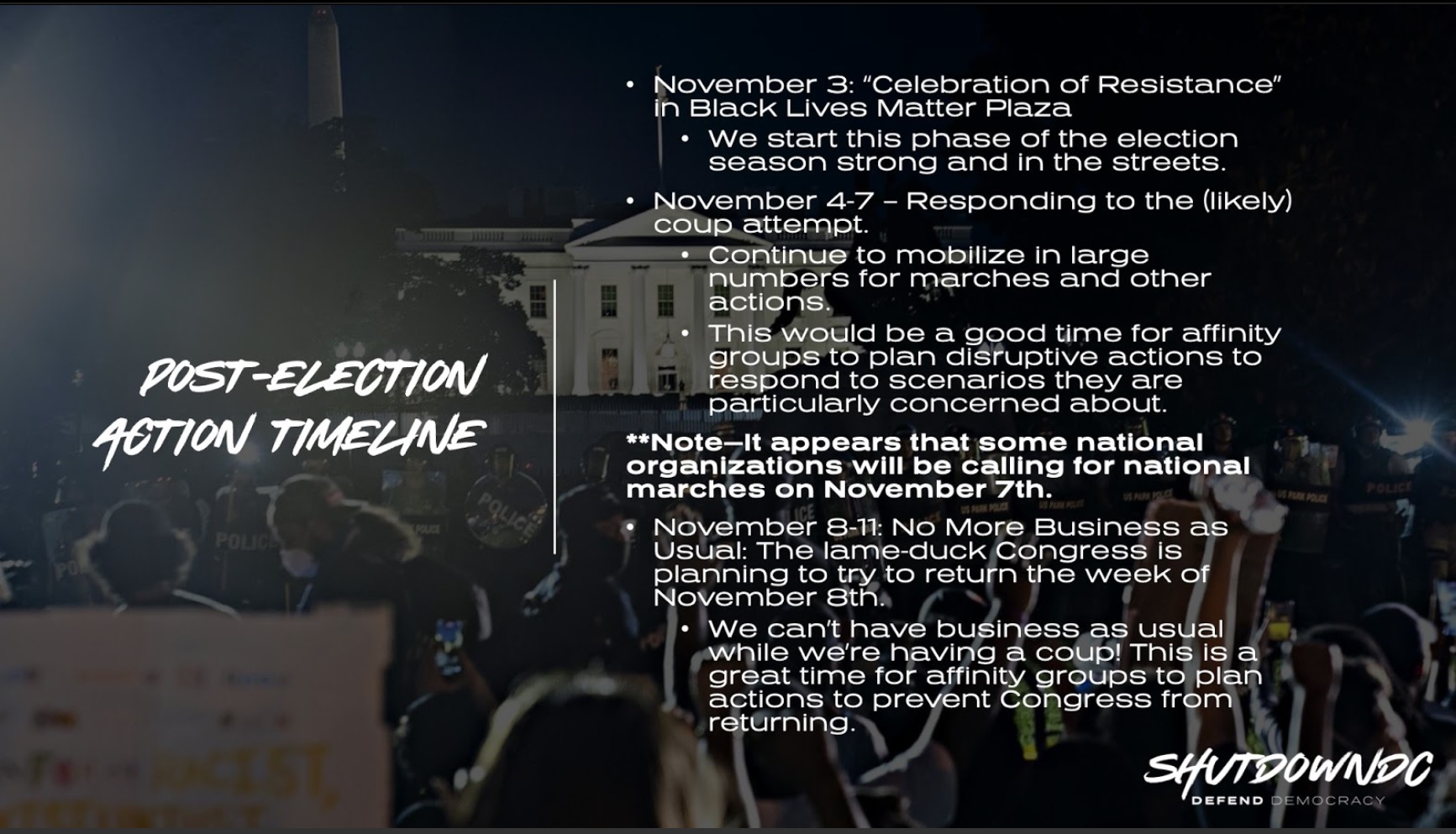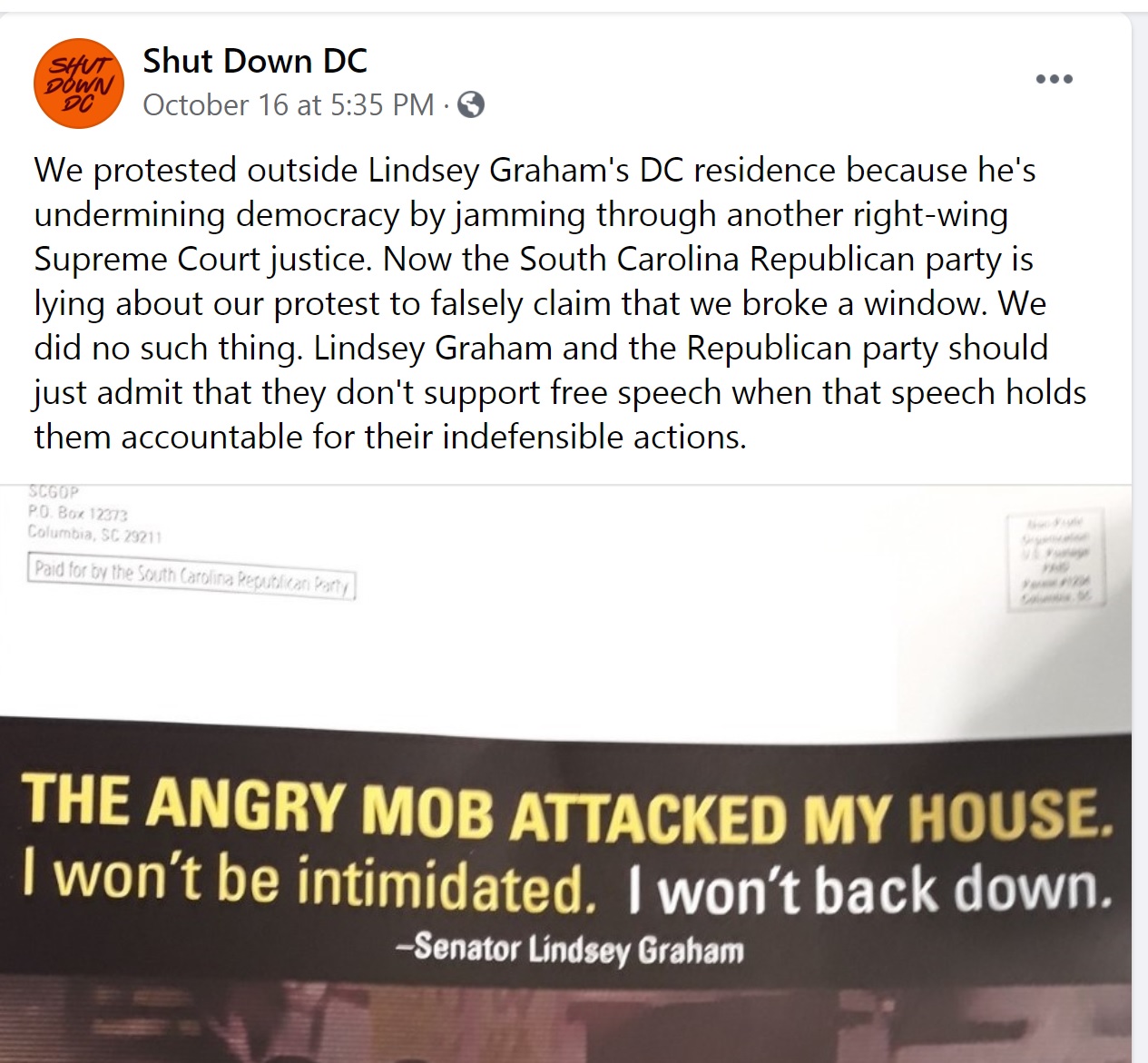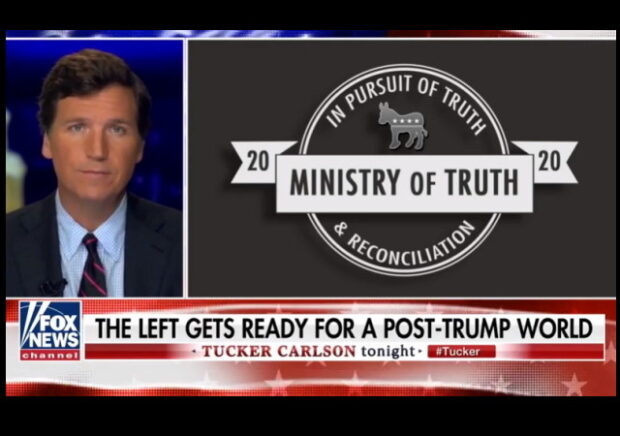Biden Raising Cash to Fight Trump—After the Campaign
LAWYERED UP, READY TO GO!
One top-level donor said the campaign has “pre-funded” legal costs—or essentially set aside cash for the possibility that a fleet of lawyers might be needed in November.
Scott Bixby
National Reporter
Hanna Trudo
Updated Oct. 20, 2020 6:07AM ET / Published Oct. 20, 2020 4:37AM ET
When the Biden campaign began slowly scheduling in-person fundraising events at the beginning of the summer after months of entirely virtual campaigning, some staffers weren’t sure that the juice would be worth the squeeze. Were the potential health risks and logistical stresses posed by having the former vice president in a pandemic worth a fundraiser that might only bring in enough money to cover the costs?
“You have to remember, people were still talking about a capital-D depression,” one top fundraiser told The Daily Beast, remembering one June fundraiser in New Mexico that brought in just $25,000. “It almost felt dirty, asking people—even wealthy people—who were convinced that the sky was going to fall for money.”
Smash-cut to two weeks before Election Day, and Joe Biden—whose opponent is ostensibly a literal billionaire—is the one swimming in cash. Biden’s campaign reported raising roughly $147 per second in September, entering the final full month before the election with a record $432 million in cash on hand, according to a statement by campaign manager Jen O’Malley Dillon.
Even by post-Citizens United standards, it is an absurd, Scrooge McDuck-level haul. The Biden campaign could suspend fundraising entirely and drop more than $20 million a day, every day, until the election without bouncing a single check. But according to top-level donors and an ambitious schedule of upcoming fundraisers, there’s no plan to slow down—just in case the trove of “fuck you” money needs to become “see you in court” money.
According to fundraisers who spoke to The Daily Beast, the campaign is still leaning hard on its donor network, explicitly pointing ahead to its potential need to fund legal battles in multiple states following the election. The expectations on that network are high; according to a Biden Victory Fund calendar of events obtained by The Daily Beast, the campaign has 37 events planned from Oct. 17 through Oct. 24—nearly five a day, on average.
The rationale? In part, lingering anxieties that President Donald Trump will make good on his public statements implying that he may refuse to accept election results if he loses, which could trigger court fights in multiple states and appellate courts—the kind of legal battle that could get very expensive very quickly.
But even if the election is wrapped up more tidily than Trump’s warnings indicate, legal fights over ballot access have already begun in states around the country. In Michigan alone, a court case seeking to extend the deadline for counting absentee ballots beyond 8 p.m. on Election Day seems destined for the state Supreme Court after a state appeals court ruled on Friday that the extension—the result of a Democratic suit seeking to curb limits on mail-in voting during the coronavirus pandemic—was unnecessary.
Those and other battles, the Biden campaign said, are critical to fight now.
“The Biden campaign has assembled the biggest voter protection program in history to ensure the election runs smoothly and to combat any attempt by Donald Trump to create fear and confusion with our voting system, or interfere in the democratic process,” Biden campaign spokesperson Michael Gwin told The Daily Beast. “We’re confident that we’ll have free and fair elections this November, and that voters will decisively reject Donald Trump’s erratic, divisive, and failed leadership at the ballot box.”
The Democratic nominee’s campaign says it has worked behind closed doors for much of the general election to help bulletproof what they can control of the voting and post-voting process ahead of the fall. Their pre-emptive efforts, which are indeed ongoing, broadly include providing “support for election jurisdictions” during what they see as “extraordinary conditions” leading up to Nov. 3.
Specifically, they have formed internal initiatives around “voter education to raise awareness of options for in-person and mail voting, aggressive response[s] to vote suppression activities, and robust programs for identifying and countering foreign interference and misinformation from foreign or domestic sources,” according to details shared by the campaign recently. They also pointed to several prominent legal hires working in tandem with the campaign on “special litigation” areas around the election, including General Counsel Dana Remus, a former senior counsel at the White House, and Walter Dellinger and Donald Verrilli, both former solicitors general.
Trump Mocks Biden by Saying He’ll ‘Listen to the Scientists’
HEAD SCRATCHER
One top-level donor told The Daily Beast that the campaign has “pre-funded” legal costs—or essentially set aside cash for the possibility that an Achaean fleet of attorneys might need to be called upon in November. This practice—akin to setting aside a legal defense fund, although perhaps “legal offense fund” is more appropriate—isn’t unheard of.
“Campaigns these days do typically set up separate funds for recounts and election contests for possible post-election litigation,” said Richard H. Pildes, a professor of constitutional law at the New York University School of Law and a leading expert in election law. “The reason is that under federal election law, a campaign can raise contributions to these funds from donors who have already maxed out their contributions to the campaigns.”
It’s not uncommon in the legal world for a campaign, or any client, to give attorneys a retainer or deposit in advance of potential litigation, which would confirm an attorney-client relationship—preventing that attorney from being hired by an opponent and conferring privilege over whatever preliminary discussions of legal strategy the campaign might have.
“In general, I would expect a campaign to focus as much of its money as possible to prevailing on Election Day,” said Michael T. Morley, an assistant professor of law at Florida State University and an expert on election law. “A major presidential campaign generally wouldn’t worry much in advance about setting aside substantial amounts of money for a post-election challenge, because if the outcome of an election hinged on one or two recounts or election contests, tremendous amounts of additional financial support would almost certainly be immediately forthcoming to help that candidate prevail. Every campaign is different, of course, and has its own strategies.”
Part of the calculus, campaign veterans said, is simple economics: it’s better to have more money than you need than less. Other campaigns have been in this position—with so much cash on hand, and more coming in the door, it’s hard to figure out where to put it—and had to scramble to put it to good use.
“He had so much money at the end we were searching for ways to spend it all,” one former aide to the Obama campaign recalled. Back in the fall of 2008, that campaign’s money masters found themselves in a similar situation to the one Biden finds himself now: sitting atop a pile of cash with just weeks left in the election and scrambling for ways to get it out the door.
Among the expenditures the campaign decided to make was to blanket TV with what was in essence a 30-minute infomercial about the then-senator. The “ad” they produced, titled “American Stories, American Solutions” ran at 8 p.m. ET on, among other stations, CBS, NBC, MSNBC, BET, and Univision. CNN declined to run the spot, but Fox did—and even agreed to move back the start of a scheduled World Series game in order to do so.
“That’s the thing people were mad about,” the former aide recalled. Indeed, when word surfaced that the ad might dislodge the fall classic, Obama’s opponent, the late Sen. John McCain, offered a patented one-liner.
“It used to be that only rain or some other act of God could delay the World Series,” McCain said. “But I guess network executives figured an Obama infomercial was close enough.”
But the infomercial approach that worked for a senator in his first term of office wouldn’t necessarily provide as clear a benefit for a former two-term vice president with four decades of time on Capitol Hill under his belt.
“That 2008 Obama event did prove to be a ratings success,” said Alan Schroeder, professor emeritus at Northeastern University and the author of several books on the history of modern presidential debates. “But the times are different, and so is the candidate. Obama at that point was a more intriguing figure, poised on the cusp of history, where Biden is more familiar and less glamorous.”
Meanwhile, the utility of having a legal team at the ready in case of legitimately contested result—or, perhaps more likely, in case of a presidential conniption in the face of a potential loss—is clearly more evident.
— with additional reporting by Sam Stein








 Reply With Quote
Reply With Quote

















 .
.

